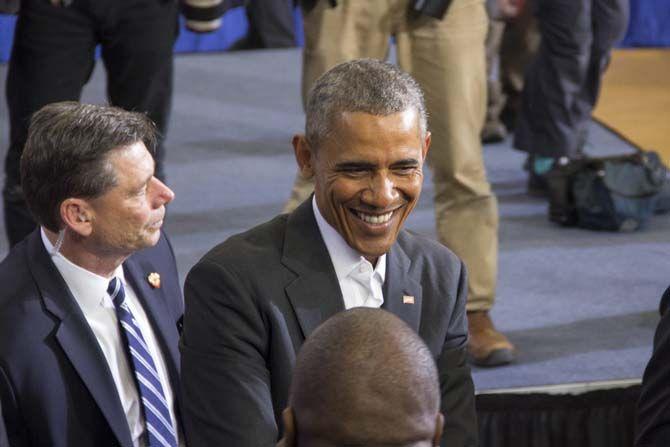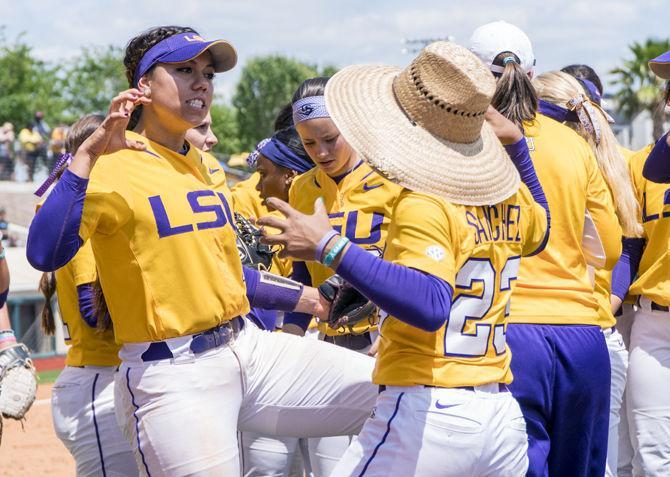College access plays a large role in the American racial inequality gap. Making college affordable will minimize the massive gap.
Last year, President Obama proposed the “America’s College Promise,” which would make two years of community college free. His plan gives students the opportunity to earn credit hours that they can transfer to a four-year institution – helping minimize student debt.
Many 2016 presidential candidates also said they would work towards making college affordable, if elected.
Hillary Clinton’s plan charges families based on income — lower-income families would pay less than wealthier families under her plan. Bernie Sanders’ plan would make college tuition-free for everyone, no matter the tax bracket.
Both of their plans include federal-state partnership and funding, closing loopholes and taxing Wall Street.
As students, many of us could agree one of the most stressful parts of college is the cost. We cringe when LSU releases its fee bill. The cost of tuition, fees and books are overwhelming.
Student loans and increased tuition affect one group of people worse than any other.
A Gallup poll shows, since 2000, about 50 percent of black students graduated with over $25,000 in student loans – while only 34 percent of white students did. According to the same poll, “four out of five black students take out loans to go to college.”
The debt placed on that large percentage of black students widens America’s racial inequality.
According to the Center for American Progress, “69 percent of black students who don’t finish school cite the burden of high student loan debt as the reason, compared with 43 percent of their white peers.”
Jeb Bush, Paul Ryan and countless other Republicans who have a problem with affordable college are the same ones who have a problem with too many people receiving food stamps. Oh, the irony. I guess they don’t want us to eat or go to school.
We all know the importance of higher education. It gives us a strong advantage in the “real world.” Without that advantage many people struggle to make ends meet, so they turn to government assistance.
According to the White House, “Over this decade, employment in jobs requiring education beyond a high school diploma will grow more rapidly than employment in jobs that do not; of the 30 fastest growing occupations, more than half require postsecondary education.”
Citizens should want to live in a country that values education enough to make it affordable for everyone. Education is not a luxury.
Clarke Perkins is a 20-year-old political science sophomore from New Orleans, LA. You can reach her on Twitter @ClarkePerkins.
College affordability will help narrow the inequality gap
By Clarke Perkins
January 19, 2016
Nicholas Martino
President Barack Obama addresses the public on Thursday, January 14, 2016 at Mckinley High School in Baton Rouge.
More to Discover














